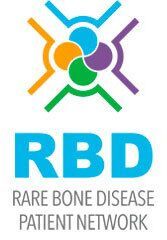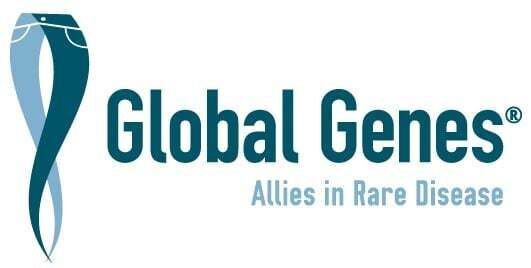
Addressing the Crucial Mental Health Needs of Complex Lymphatic Anomalies (CLA) Patients
Living with a CLA can be a challenging journey that extends beyond physical symptoms. While there is significant progress in diagnosing and treating CLA, it is essential not to overlook the profound impact of this condition on patients' mental health. CLA patients may face emotional struggles, social isolation, and uncertainty about their future. In this blog post, we will shed light on the mental health needs of CLA patients and explore ways to provide comprehensive support for their overall well-being.
Understanding the Emotional Toll
A diagnosis of CLA can lead to a rollercoaster of emotions for patients and their families. Feelings of fear, anxiety, frustration, and sadness are common responses as they navigate the complexities of their condition. Uncertainty about treatment outcomes and future health can weigh heavily on their minds, impacting their mental health significantly.
Coping with Chronic Pain and Physical Limitations
Chronic pain and physical limitations are unfortunate realities for many CLA patients. Dealing with persistent pain and limited mobility can lead to emotional distress, depression, and a sense of helplessness. As the condition may require ongoing treatments and therapies, patients may also experience fatigue and stress due to the constant need for medical management.
Coping with Social Isolation
CLA patients may find it challenging to participate in social activities or maintain regular connections with friends and peers due to their condition's physical limitations. Social isolation can exacerbate feelings of loneliness and may lead to a sense of disconnection from the world around them. Supportive social interactions are crucial for maintaining mental well-being, making it essential to find inclusive ways to engage CLA patients in social settings.
Impact on Family and Caregivers
The mental health challenges associated with CLA do not affect the patients alone; they also extend to their families and caregivers. The constant need for medical attention and caregiving can be emotionally draining for families, leading to caregiver burnout and stress. Ensuring that caregivers receive adequate support is vital in maintaining the well-being of both the patients and those caring for them.
Creating Holistic Support Systems
Addressing the mental health needs of CLA patients requires a holistic approach that encompasses medical, emotional, and social aspects. Integrating mental health support into the overall treatment plan is essential to help patients cope with the emotional challenges they face. Access to mental health professionals, such as psychologists or counselors, can provide valuable guidance and emotional support throughout their journey.
Promoting Peer Support Networks
Connecting CLA patients with others who share similar experiences can be empowering. Peer support networks provide a safe space for patients to share their thoughts, fears, and triumphs with others who understand their struggles intimately. These networks foster a sense of community and solidarity, helping combat feelings of isolation.
Empowering Patients Through Education
Empowering CLA patients with knowledge about their condition can help reduce anxiety and fear of the unknown. Educating patients and their families about the latest research, treatment options, and coping strategies equips them with the tools needed to face challenges with resilience.
While medical advancements continue to improve the lives of CLA patients, addressing their mental health needs is equally vital. By understanding the emotional toll of living with CLA, promoting support networks, and incorporating mental health care into the treatment plan, we can create a more compassionate and holistic approach to patient care. Let us stand together to provide comprehensive support for CLA patients, recognizing that caring for their mental health is as crucial as treating their physical symptoms.










